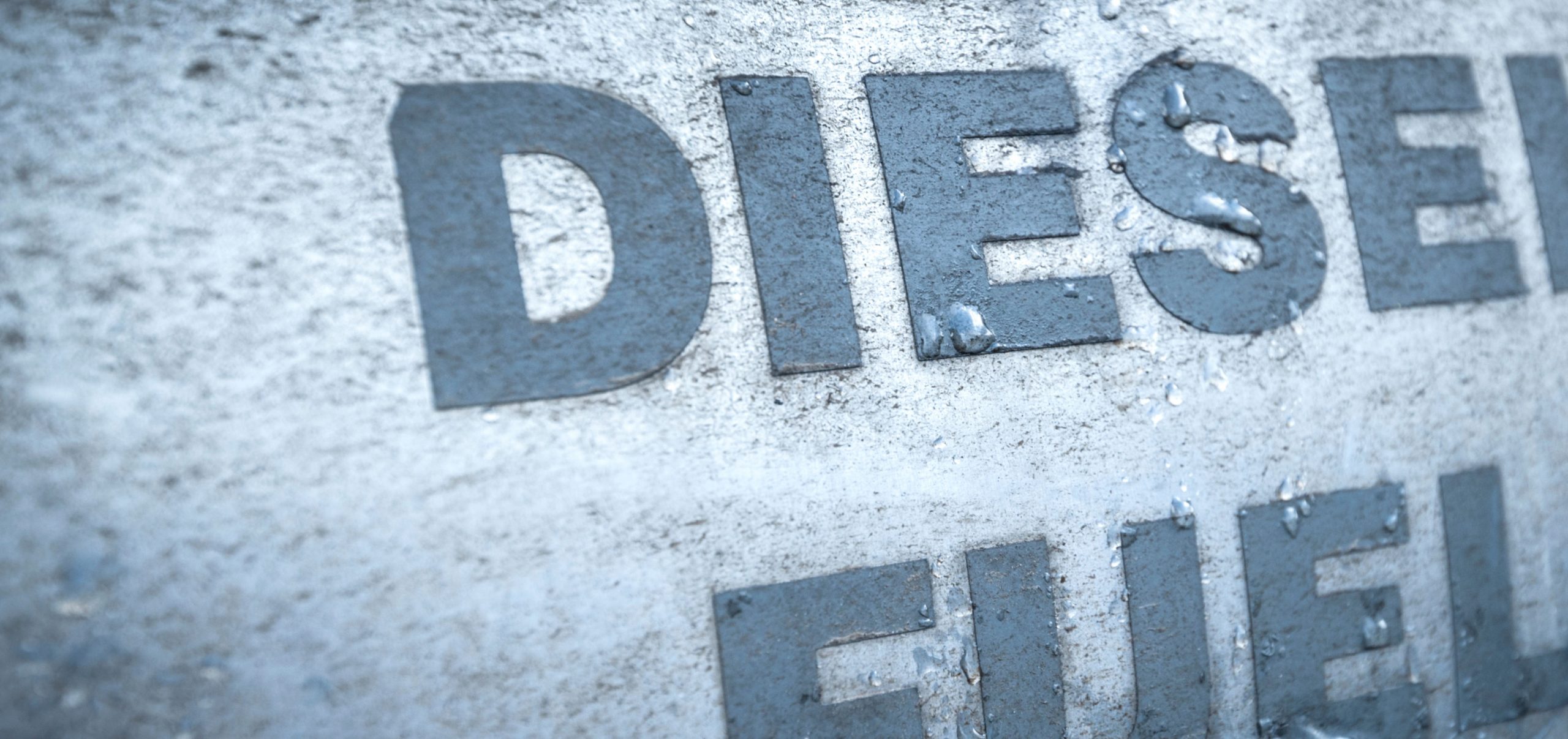
<!--[CDATA[
The frozen economic relations with Iran are beginning to thaw. The easing of sanctions is providing optimism in the economy. He appeared before the international press with a big smile on his face: The Iranian Foreign Minister announced the end of economic sanctions against Iran at the beginning of the year in Vienna. But the message has also put many companies into a good mood, as Iran is a promising market with around 80 million inhabitants. And the pent-up demand is great. Up until the Islamic revolution in 1979, Iran was an important partner of the industrialized western nations. But then dealings cooled down significantly, and economic relations were severely restricted – even fully breaking down in the past ten years. Now, restrictions on payments and capital transactions have been lifted, and investment and deliveries in the areas of petroleum, natural gas and petrochemicals have started up again. Even some dual-use items, which can serve both civil as well as military purposes can again be approved. Moreover, with immediate effect, all sanctions on marine equipment have been lifted. This is an important direct impulse for the transport industry, and in the next few years all trade barriers are to gradually fall. A distinct spirit of optimism can currently be perceived. Because Iran has great potential. It has the world’s second-largest reserves of natural gas and the world's fourth-largest oil reserves. The government is planning to double the petrochemical capacity to 120 million tonnes by 2021. And this will require new machinery and equipment worth billions of dollars. Investments will be necessary in many areas: agriculture, building materials, energy technology, vehicle construction, mechanical engineering, environmental technology, water and wastewater management and the health sector are only a few. The Iranian government has estimated the country’s investment drive to be in the vicinity of 185 billion euros. In total, Iran expects investments to the amount of 1,000 billion dollars by 2023. A third of these should be covered by foreign investments. In addition, Iran is also a large market for consumer goods. With its 80 million inhabitants, the Gulf State is one of the twenty most populous countries in the world. Its citizens are mostly well educated and young. Almost a quarter are 14 years and younger. Many people were accustomed to a much higher standard of living before the sanctions, and are particularly open to high-quality branded products. A recent study under the title of “Iran – back in the game” by the credit insurer Euler Hermes expects the country to become an important new market for consumer products. Currently, however, there is still a shortage of many things. Therefore, the coverage of basic needs is first on the agenda, i.e. food, pharmaceuticals and everyday goods. In the second step, consumers will then make larger purchases such as high-quality household appliances and cars. And all of these goods have to come into the country. That is why the Iranian government is also planning to invest in infrastructure. Even before upgrading the oil facilities, the modernisation of railways and airports has to be tackled. Agreements have already been made with French railway companies concerning cooperation in the modernization and operation of railway stations. And things are also getting on in the air. For example, Airbus has sold 118 passenger aircraft to Iran Air. And great potential can also be seen on the roads. Dr. Wolfgang Bernhard, Head of Daimler Trucks & Busses sees potential in the oil-rich country for his heavy-duty trucks. That is why the company has already signed cooperation agreements and is planning further joint ventures. “For a logistics specialist like DHL, the new political situation provides just as many good opportunities. The transport routes to the regional power through the Balkans and Turkey seem to be the most feasible. Our Istanbul Terminal in particular will act as a Competence Center especially for the shipments coming in from all over Europe”, explains Selcuk Boztepe, Managing Director South Eastern Europe DHL. However, despite all the thawing of relations, doing business in Iran still has some slippery patches left:
- Politics: If Iran does not keep its side of the deal, sanctions could quickly be reinforced.
- Transparency: Bureaucracy can be a barrier to business development, and sufficient corporate data is often not publicly available.
- Finances: Many financial services are not available in Iran. Credit processing via Iranian banks is hardly possible. International banks are still holding back when it comes to export financing.
Therefore, when it comes to accessing the market, all players will have to look very closely and proceed step by step. This should prevent wet feet even in a thaw.




